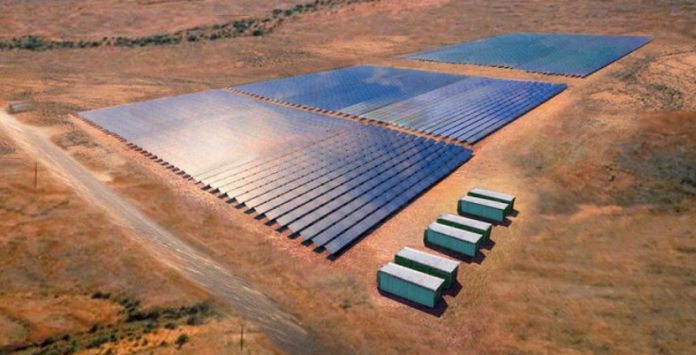No free competition. Deleting the provision that states that “the generation and commercialization of electricity are services that shall be provided in a regime of free competition.”
Dispatch preference for CFE. Modifying the dispatch criteria to be applied by the National Energy Control Center (Centro Nacional de Control de Energía, “CENACE”) so that the dispatch is carried out in this order: (1) hydroelectric plants, (2) plants owned by CFE, (3) solar and wind plants owned by private parties, and (4) combined cycle plants owned by private parties
No obligation for public auctions. Deleting the provision that requires that basic service suppliers enter into electricity coverage contracts exclusively through public auctions.
Transmission and distribution preference for CFE. Requiring that CENACE give priority to the legacy power plants (operated by the CFE) for use of the national transmission network and the general distribution networks.
Network access restriction. Establishing open and not unduly discriminatory access to the national transmission network and the general distribution networks only if “technically feasible.”
Energy market to discriminate clean energy. Requiring the wholesale electricity market to give preference, in first instance, to “Electricity Coverage Contracts with a Physical Delivery Commitment.”
Restriction of permits. Subjecting permits to be granted under the law in compliance with the “planning criteria” established by the Ministry of Energy.
Provision of Clean Energy Certificates. Granting Clean Energy Certificates to any generator that produces energy from clean energy regardless of the date of commencement of commercial operation of the corresponding plant, which would include, among others, CFE’s hydroelectric and nuclear plants.
Effects on Costs, Prices and Investment:
Generation. The amendment could increase energy generation costs as CFE plants will have priority in dispatching energy.
Supply. The amendment could also deter private investment as CFE Basic Supply will be allowed to purchase electricity through private contracts (most likely from CFE’s own generation plants) instead of through competitive public bids.
Final users. The above points could impact the tariffs to the final user.
Clean Energy Certificates. By allowing CFE’s existing clean energy plants to obtain Clean Energy Certificates (originally meant to increase capacity), the value of such instruments could decrease.
Retroactivity. The amendment allows the federal government to cancel permits and review/renegotiate/terminate contracts granted before the 2013-2014 Energy Reform, leaving investors with great uncertainty.






